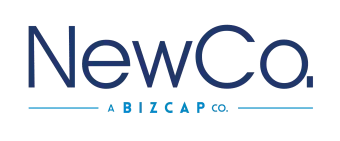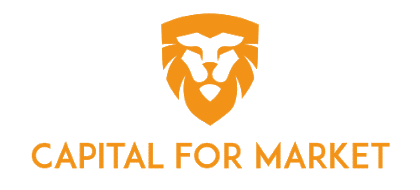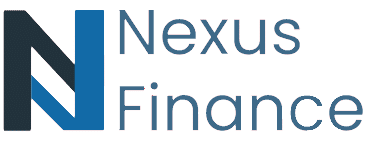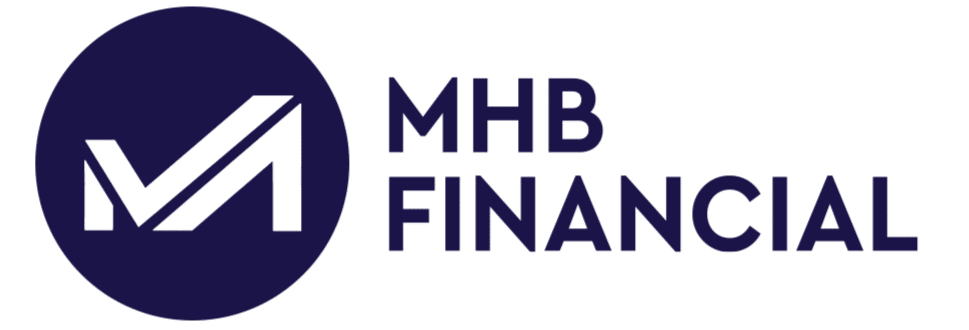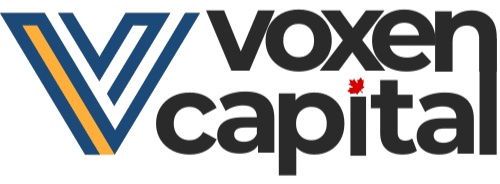Compare Lenders
Discover Popular Financial Services
Introduction
In most major cities, restaurants and bars are a major hub for tourists looking to experience new cuisines. Opening and operating a restaurant is no mean feat though. There are obvious operational challenges that businesses face such as marketing, finding a location etc., but equally importantly, there are financial challenges with respect to raising capital to fund initial and ongoing expenditures. Restaurant loans can be a solution to these hurdles and this article aims to uncover some of the intricacies involved with obtaining this sort of business financing.

Steps prior to obtaining restaurant business financing
As with other business loans, restaurant business loans also have to be evaluated and compared amongst different lenders who may offer varying products, loan structures and terms. Some key questions to ask before negotiating financing options with lenders therefore are:
What do you need the funding for?
The most common expenditures that restaurants and bars face are inventory costs, marketing costs, store setup and ambience, and wages. Figuring out why you need a restaurant business loan and what expenses you will channel the money to can go a long way in determining the principal amount you need.
Are you looking to purchase a fixed asset or pay off an operating expense?
The accounting for both differs significantly, which is exactly where the value lies for banks. If the restaurant is purchasing a fixed asset (e.g. a machine that automatically chops vegetables), then the machine is expected to provide tangible benefits for the near future meaning that there is additional comfort in lending to the business using the machine as collateral. On the other hand, if the business is looking to pay their wages, this is an operating expense that does not provide any future benefits and hence has no value as collateral for the lender.
How much financing is needed?
In a competitive space as the restaurant industry where profit margins can often get compressed, having added interest costs can be a detriment to financial stability. Therefore, while it is tempting to obtain a large loan, the more prudent and financially savvy route would be to raise only what is needed by the business at that point in time for the foreseeable future.
Is cash flow adequate within the business?
The characteristics of a successful borrower primarily include healthy cash flow and stable revenues. If the bar or restaurant business exhibits seasonality or cyclicality (particularly prominent in higher-end restaurants), then it may not be the best idea to get a term loan. A revolving loan facility might be the better option here (more on this later).
What type of assets can be put up for collateral?
Collateralized loans are cheaper in terms of interest rates as the lender then has a claim on an underlying asset that they can sell in the event of default. If the borrower does not have collateral, they can still obtain a loan, but would likely have to pay a slightly higher rate of interest and in some cases, may be asked to put up personal assets such as a home or car.
Digital Tools For Restaurants
Now more than ever it is important for restaurants to have digital capabilities to serve their customers better. Specifically, online ordering, takeout with mobile pre-order, and delivery are key business elements for the food and hospitality industry moving forward.
In the summer of 2020 we spoke with Ayham Aldajane who is the Director of Business Development at a company called Nown.
Nown is a Point of Sale Solution (POS)Â that helps restaurants better serve their customers and increase revenue and sales.
Ayham also spoke about how the world of food and hospitality has changed as a result of COVID-19, and the must-have digital tools that every restaurant owner should know about. Check out the video!
Find more videos on how business owners can get financing on our channel.
Types of restaurant loans and bar loans
When choosing between lending institutions, a lot of attention should be paid to their individual debt offerings and the requisite terms attached. Some of the main types of loans available to restaurant and bar businesses are as listed below:
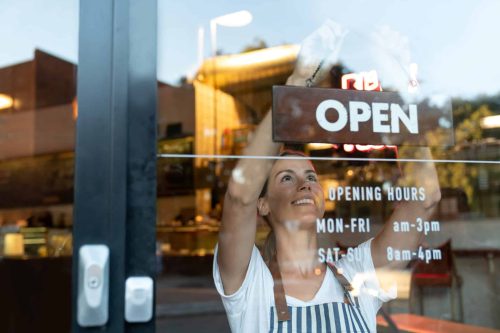
Restaurant business loans FAQ
What does a lender want to see before advancing a loan to a restaurant?
At a minimum, the lender would want to see the business’s registration documentation, credit score/history, strategic plan, financial statements (showing stable revenue and P&L), and projections. Typically, you need to be in business for at least 12 months and have monthly sales of $10,000 or more.
How do you find financing for opening a restaurant, bar or a coffee shop?
Restaurant funding is easy to find in Canada. You can find many specialized business loans meant for the catering services industry.
You can find these specialized loans online or through a bank or credit union. There are many lenders that offer different kinds of loans to restaurants in Canada. For example, when you open a restaurant, you can look into restaurant loans that provide you with working capital or funding meant for your initial expenses. Or, if you run a restaurant startup, you can look for specific lenders who serve young restaurant businesses.
Restaurant loans can vary as much as any other kind of business loan. So, if you buy a restaurant or open one, try to find the best terms and interest rates you can access.
How do you get loans for a restaurant or bar with bad credit?
There are specific restaurant loans in Canada that are meant for borrowers with low credit scores. These restaurant loans will be more expensive but getting your restaurant funding should still be easy and quick. Bad credit restaurant loans can be found most easily online.
Your chances of getting a restaurant loan with bad credit will depend entirely on who you ask. Banks and credit unions will be much harsher when assessing your credit score. So, you will likely have to focus your search online if your credit score is low.
Alternative lenders provide a wide range of loans. Interest rates and terms will vary significantly, so take your time to compare the lenders that are available to you.
What do I need to apply for a restaurant loan or financing?
To apply for a restaurant loan or restaurant financing, you will need most of the same things you would need for any other business loan.
Specific requirements for a restaurant loan are always determined by the particular lender you go to. In general, you can expect any restaurant lender to want a business proposal from you. Strong and detailed plans can often help you get better rates for your restaurant funding.
Next, restaurant lenders will want to see your business banking or financial statements. They will use the recent history of your business to determine your terms. If you are just getting started for the first time, you will have to go to a lender that will lend to a restaurant startup.
If you’re opening a restaurant, bar, or any other catering business, you may need to provide proof of licensing to your lender. This will vary based on the specifics of your business.
Finally, you will need a credit score check to get restaurant funding. Your credit score will be an important factor in determining your rates. This is especially true if your business is younger.
Explore more
Similar products
- bad credit business loans
- coffee shop business loans
- expansion business loans
- auto shop business loans
- food grocery store business loans
- home business loans
- invoice factoring
- medical dental practice business loans
- mid market financing
- point of sale financing
- restaurant business loans
- salon spa business loans
- business credit lines
- business loan application keep
- clothing store business loans
- business loans usa
- emergency business loans
- gym fitness club business loans
- inventory business loans
- marketing business loans
- merchant cash advance business loans
- ecommerce business loans
- renovation business loans
- retail store business loans
- working capital loans
Why Choose Smarter Loans?

Access to Over 50 Lenders in One Place

Transparency in Rates & Terms

100% Free to Use

Apply Once & Get Multiple Offers

Save Time & Money

Expert Tips and Advice












